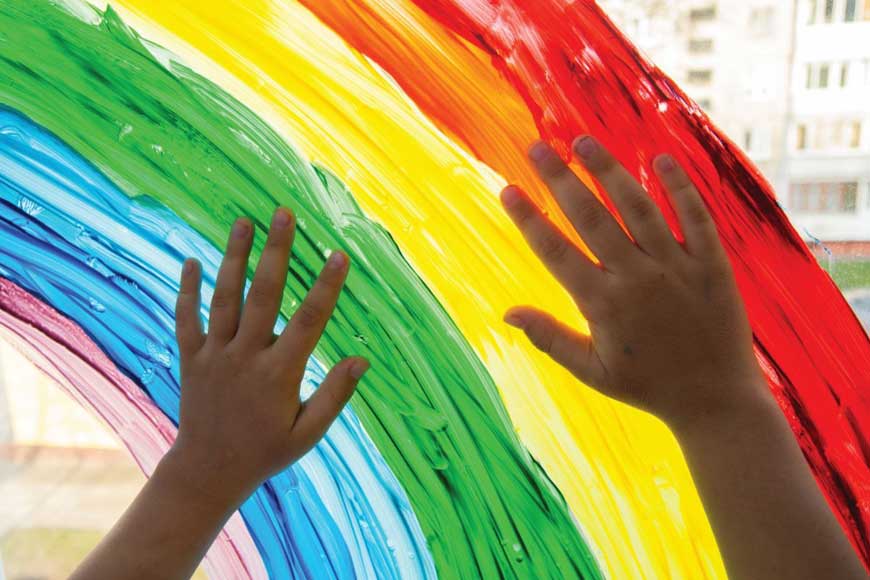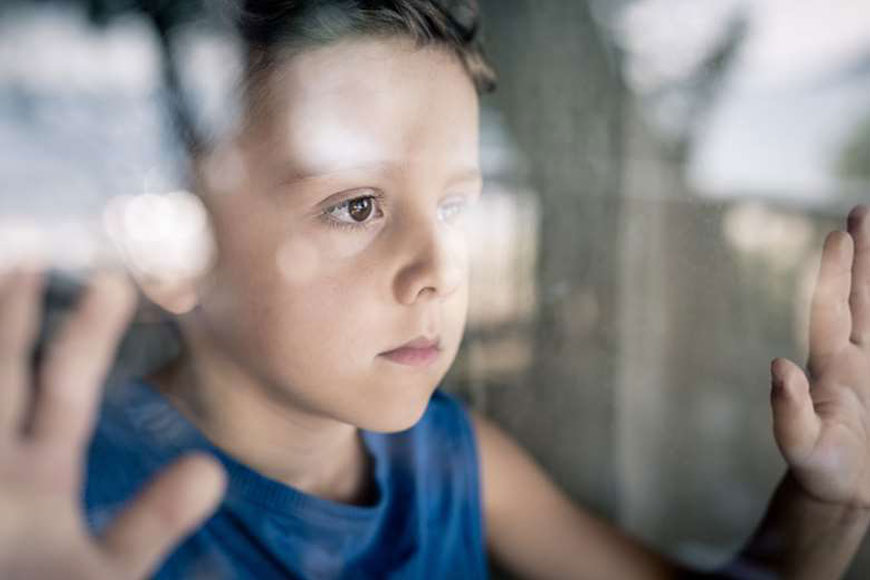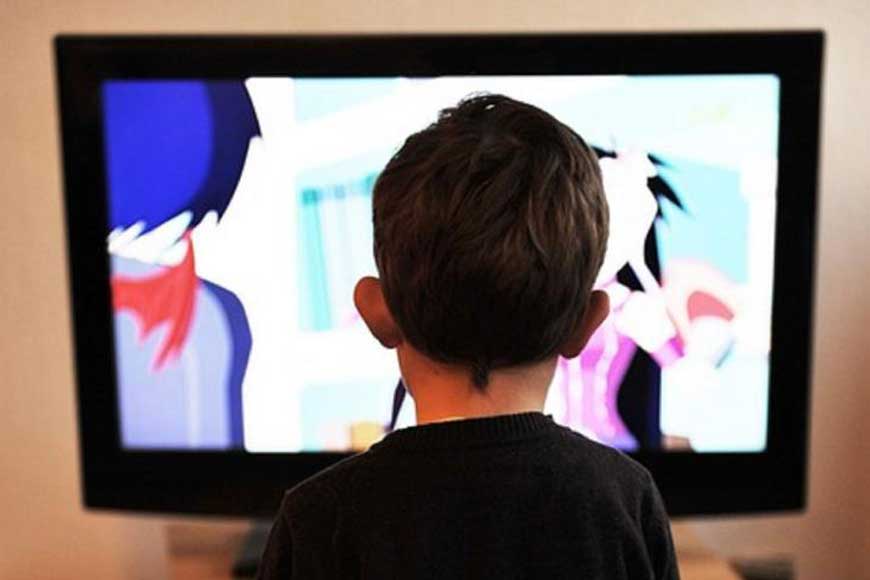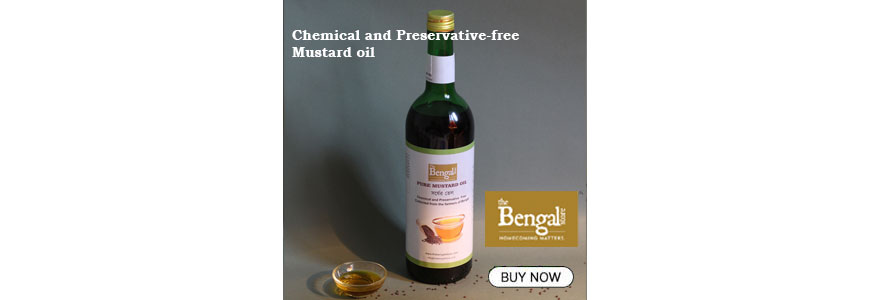Are we appreciating the way our children have coped with Covid?

Our world as we knew it changed drastically in January 2020, when Covid-19 made its global appearance. This may seem like stating the obvious, but life in Covid times has become so normalised that perhaps we need to step back a little occasionally, just so that we can take stock of how we have been coping. And how our children in particular have navigated a situation for which nothing in their short lives would have prepared them.
Are we appreciating our children enough for the manner in which they have braved lockdowns, online classes, next to no social interaction, and the constant company of adults? Physicians and mental health specialists around the world have been talking about the impact that repeated lockdowns and a completely topsy-turvy school year have had on our children, but I still feel there ought to be more conversations about the stellar manner in which most of them have coped with challenges that have often overcome adults.

As West Bengal readies for a relaxation in lockdown guidelines from tomorrow, with the number of daily new infections falling below the 4,000 mark, life may become slightly easier for the youngsters, but with no actual date for the reopening of schools and colleges in sight, classes will still be held online, play will still be confined to four walls, and social gatherings still limited.
A Kolkata paediatrician I spoke to described how many of her young patients had absorbed the paranoia and anxiety emanating from their parents, to the point where she had to step in and speak to the children to put their minds at ease. “In the absence of normal conversations with their own peer groups, they no longer have the normal outlets to vent their fears and worries, and over-anxious parents don’t help. Their lives have lost the sense of balance,” she says.
In an attempt to ensure normalcy, many parents have paradoxically become stricter than they otherwise would have been, often with unfortunate results. My friend Sudeshna Dasgupta, whose nearly 11-year-old daughter Oishani has been cooped up at home with only her parents for company, as have all her friends, says she has taken special care to be less restrictive than she usually is. “I don’t think we have been sufficiently appreciative of how extremely difficult these times have been for our children. And I have found that easing up on the children can often have surprising results. My daughter, for example, learnt to do her creative writing by herself during the year away from school, whereas I would earlier dictate her essays to her. And she has produced truly original stuff, which only a 10-year-old could think of,” she says.
Many child counsellors have advised parents to show their children more love and care than they would normally do in these times, while at the same time trying to become more involved in their activities so that they don’t miss their friends too much. Some of the parents I spoke to, particularly those with younger children, said they had become more physically active with their kids, so that they at least had someone to play with. “I’ve been getting some great exercise during our joint dancing sessions too. It’s hard work, but nobody said parenting was easy, especially at such times,” says Pallavi Mitra, whose daughter Priyasha turned five this year.

Whether playing, dancing, reading, singing, or simply talking, parents need to come out and show their children how much they appreciate their general fortitude and resolve during a year in which nothing has been normal. While it is true that most children are mentally resilient enough to adjust to almost any situation, they do need the occasional helping hand. My own teenage son, who began college this year, doesn’t know all his new classmates by face yet. But they have still found the spirit to form a group to discuss books, movies, and other interests on video calls.
My young co-worker Debanjana Saha has taken the initiative to form a group with 7-10 year-olds, with whom she has casual conversations, singing and poetry sessions, all on video call. And her list of participants is growing rapidly, as relieved parents find their children enthusiastically taking part in group activities with new friends.
So here’s looking ahead to ‘normal’ times, but also thanking our children for showing us how to combat the menace of an invisible virus - that of gloom and doom.











